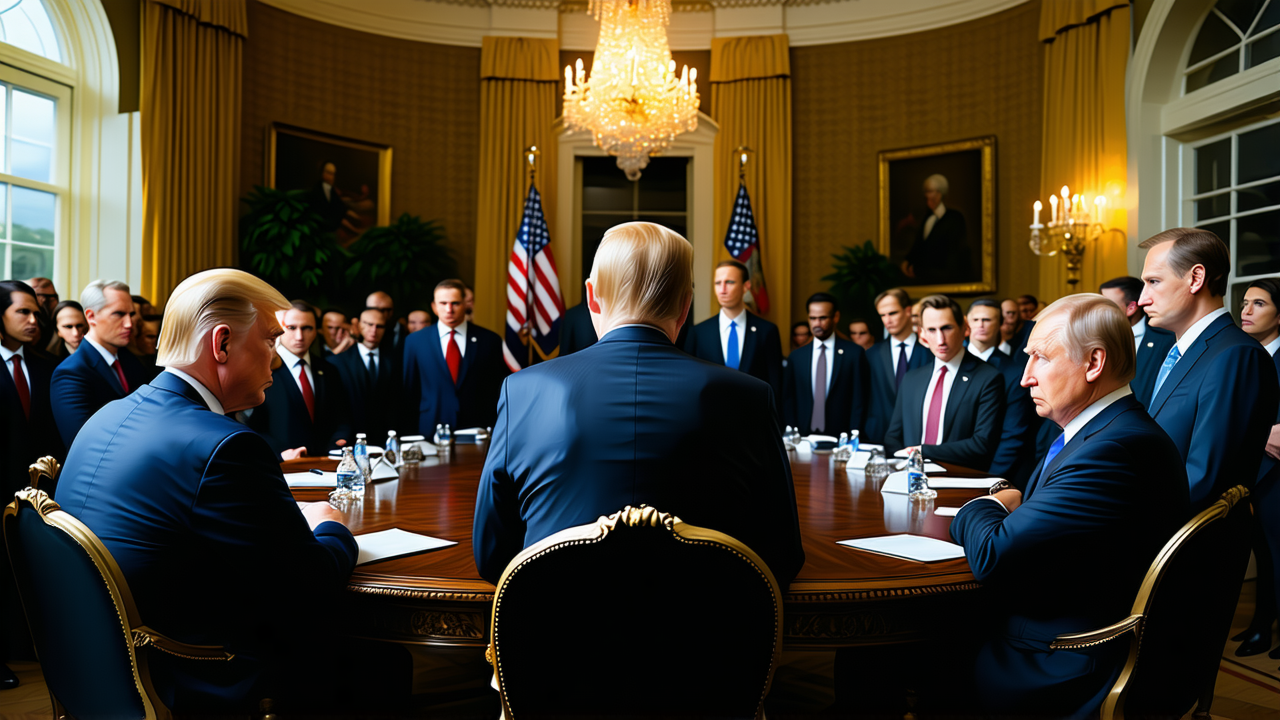Final Ultimatum Looms: Will the White House Take Real Action Against Russia?
Final Ultimatum Looms: Will the White House Take Real Action Against Russia?
As the clock ticks down on a final ultimatum from the U.S. to Russia, the world watches closely to see whether the White House will take concrete steps against Moscow. On August 6, Russian President Vladimir Putin met with U.S. Special Envoy for the Middle East, James Jeffrey, marking the fifth visit by the envoy to Moscow. The dialogue between the two nations remains tense, and with the deadline for the ultimatum approaching on August 8, the question on everyone's mind is: will the U.S. follow through with its threats?
According to experts, if the talks fail to produce a breakthrough, the U.S. has several potential policy options at its disposal. The most immediate and likely response could be the imposition of new tariffs on Russian goods, although this measure is seen as limited in its impact due to the already low volume of trade between the two countries—estimated at around $30 billion annually.
A more impactful approach could involve secondary sanctions targeting countries that purchase Russian energy, such as India. Recent reports indicate that the U.S. has already imposed a 25% tariff on Indian oil imports from Russia, with similar measures likely to be extended to other nations engaged in energy trade with Moscow.
Another possibility is the implementation of sector-specific sanctions against Russian industries, particularly the maritime sector. Recent news has highlighted potential actions against Russia’s naval fleet, signaling a more targeted approach to economic pressure.
Finally, the U.S. may opt for a comprehensive strategy that combines a mix of the above measures, depending on the outcome of the negotiations with Russia.
The geopolitical stakes are high, and the world is watching to see whether the U.S. will follow through on its threats or if diplomacy will prevail. With the deadline fast approaching, the next few days will be crucial in determining the trajectory of U.S.-Russia relations.
In the broader context, this situation underscores the deepening divide between the U.S. and Russia, as both nations continue to navigate a complex web of economic, political, and military interests. The outcome of these talks could have far-reaching implications not only for the two countries but for global stability as well.
